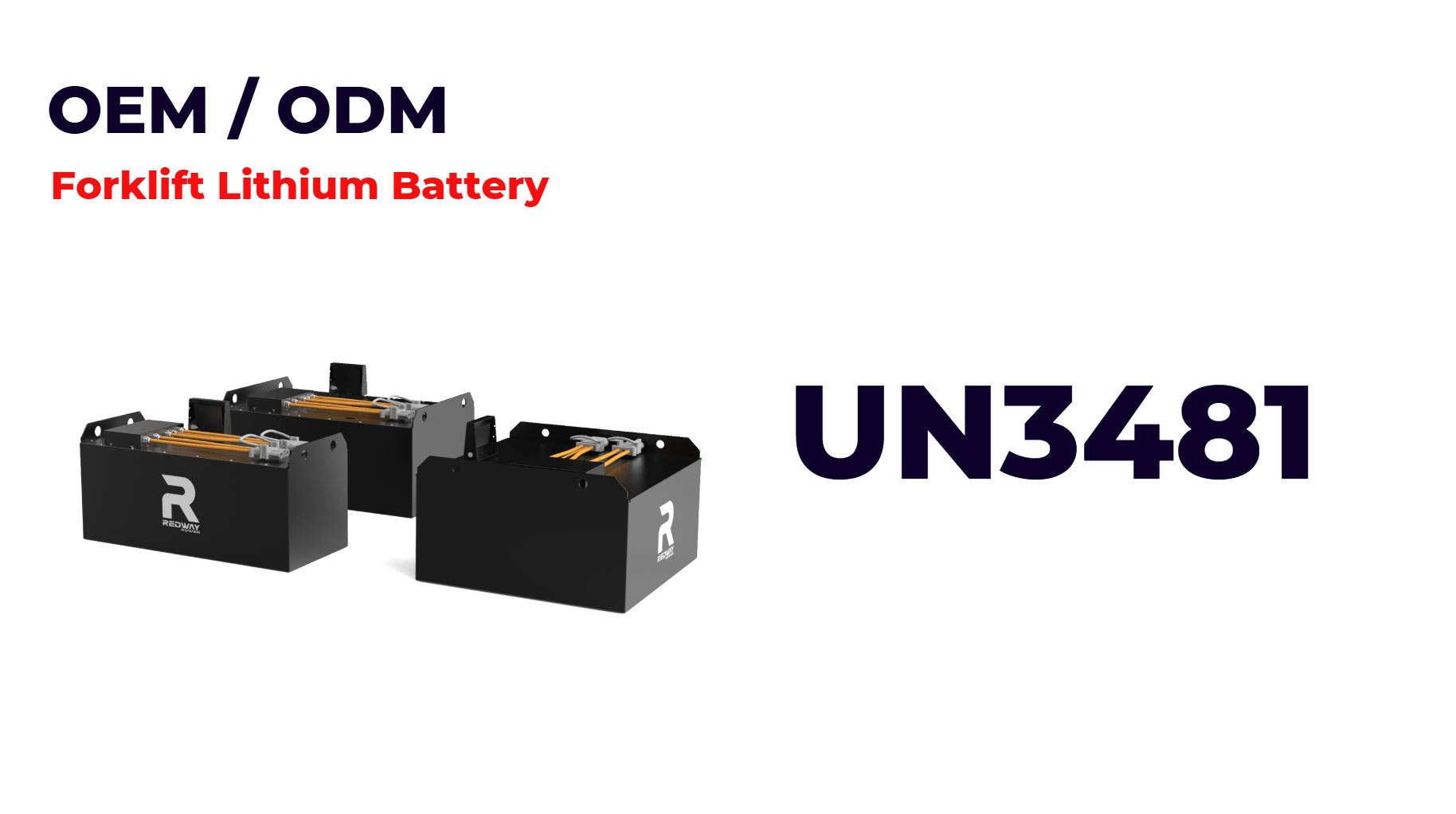
UN3481 Batteries and Their Shipping Requirements
A UN3481 battery refers to lithium-ion batteries that are contained in or packed with equipment, which have specific shipping regulations to ensure safety during transport. Understanding these requirements is crucial for compliance and safe handling.
What Is a UN3481 Battery?
A UN3481 battery is classified under international regulations as lithium-ion batteries that are shipped contained within or packed with equipment, such as laptops or power tools. This classification helps ensure that these batteries are handled safely during transport.Chart: Classification of Lithium Batteries
| Classification | Description | Examples |
|---|---|---|
| UN3480 | Lithium-ion batteries shipped alone | Standalone batteries |
| UN3481 | Lithium-ion batteries contained in equipment | Batteries in devices like laptops |
How Do You Label a UN3481 Battery for Shipping?
Proper labeling is essential when shipping UN3481 batteries to comply with IATA regulations. The label must include the appropriate hazard symbols, identification numbers, and handling instructions to ensure safe transport.
What Are the Shipping Requirements for UN3481 Batteries?
Shipping UN3481 batteries requires adherence to specific guidelines:
- Packaging: Must be packed securely to prevent short circuits.
- Labeling: Must display appropriate hazard labels.
- Documentation: A declaration may be required depending on shipping method.
What Are the Differences Between UN3480 and UN3481?
The primary difference between UN3480 and UN3481 lies in their packaging context:
- UN3480 applies to lithium-ion batteries shipped independently.
- UN3481 applies when these batteries are contained within or packed with equipment.
Understanding this distinction is crucial for ensuring compliance with shipping regulations.
How Do You Properly Package UN3481 Batteries?
To properly package UN3481 batteries, follow these steps:
- Use strong outer packaging that can withstand impacts.
- Ensure that terminals are protected to prevent short circuits.
- Include appropriate labeling as per regulatory requirements.
Chart: Packaging Guidelines for Lithium Batteries
| Step | Description |
|---|---|
| Use Strong Packaging | Prevents damage during transport |
| Protect Terminals | Avoids short circuits |
| Include Labels | Ensures compliance with safety regulations |
Can You Ship UN3481 Batteries Internationally Without Special Permits?
Shipping UN3481 batteries internationally typically requires adherence to specific guidelines, including proper labeling and packaging standards set by IATA or other regulatory bodies. It is essential to check local regulations as well.
Why Is It Important to Understand Lithium Battery Regulations?
Understanding lithium battery regulations is vital because improper handling can lead to safety hazards, including fires or explosions during transport. Compliance ensures safe delivery and reduces legal liabilities.
How Can You Access Printable Labels for UN3481 Batteries?
Printable labels for UN3481 batteries can often be obtained from regulatory websites or specialized suppliers that provide compliant labeling solutions tailored to shipping requirements.
Expert Views
“Proper knowledge of how to handle UN3481 batteries is crucial in today’s battery-driven world,” says Dr. Lisa Johnson, an expert in hazardous materials transportation. “Adhering to regulations not only ensures safety but also promotes responsible shipping practices.”
Conclusion
In conclusion, understanding UN3481 batteries, their labeling, shipping requirements, and differences from other classifications like UN3480, is essential for anyone involved in transporting lithium-ion batteries safely and legally. By following proper procedures, you can help ensure safety and compliance throughout the shipping process.
FAQ Section
- What happens if I don’t label my battery shipment correctly?
Failure to label correctly can result in legal penalties, fines, or delays in shipment due to non-compliance with safety regulations. - Are there special permits required to ship lithium batteries?
Depending on your location and shipping method, special permits may be required; always check local regulations before shipping. - How can I ensure my battery packaging meets safety standards?
Consult guidelines provided by organizations like IATA or UPS, which outline specific packaging requirements for lithium batteries.
Know More
How Can You Comply with UN 3481 Regulations When Shipping via USPS?
What Do You Need to Know About UN3481 Batteries?
UN3481 Batteries and Their Shipping Requirements
What You Need to Know About UN3481 and Its Implications
What Are the Handling Regulations for UN3481 Lithium-Ion Batteries?
What Are the Safety Guidelines for Transporting UN3480 Lithium Batteries?
What Are the Fire Risks and Safety Precautions for Lithium Batteries?
What is the Difference Between UN3480 and UN3481 for Lithium Batteries?
